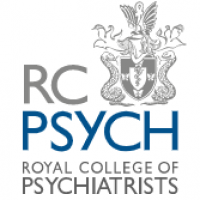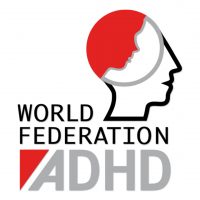What are the different types of dementia?
Dementia is not a disease in itself. Dementia is a word used to describe a group of symptoms that occur when brain cells stop working properly.
This happens inside specific areas of the brain, which can affect how you think, remember and communicate.
Alzheimer’s disease is the most common cause of dementia, affecting around six in every 10 people with dementia in the UK. Some people can have more than one type of dementia, for example, they might have Alzheimer’s as well as vascular dementia or dementia with Lewy bodies.
Vascular dementia occurs when blood vessels in the brain are damaged. This reduces blood flow to brain cells, which affects how they work.Sometimes this blood vessel damage can cause memory and thinking problems that are not severe enough to be considered dementia.
Dementia with Lewy bodies (DLB) is the third most common type of dementia. For every 100 people with dementia, around 10-15 will have DLB. DLB is caused by small round clumps of protein that build up inside nerve cells in the brain. One of these proteins is called alpha-synuclein and the clumps it forms are called Lewy bodies. Lewy bodies damage the nerve cells and affect the way they communicate. In DLB, the nerve cells that are affected by Lewy bodies are in areas of the brain that control thinking, memory and movement.
Frontotemporal dementia (FTD) is a rarer form of dementia. It is thought to account for fewer than one in 20 of all dementia cases.. It commonly affects people between the ages of 45 and 64. However, FTD can affect people younger and older than this.
Mild cognitive impairment (MCI) is a term used to describe early memory and thinking problems in older people. It is not a type of dementia. MCI can be caused by a range of existing conditions and may or may not get worse. One cause of MCI can be the early stages of Alzheimer’s disease or another form of dementia. However, other conditions such as depression, low vitamin levels and thyroid problems can also cause similar mild memory difficulties.
Posterior cortical atrophy is caused by damage to the brain cells at the back of the brain that make sense of what our eyes are seeing. It is also known as Benson’s syndrome. Alzheimer’s disease is most often the cause of the brain cell damage in PCA, but it is sometimes caused by other diseases, such as dementia with Lewy bodies. PCA is sometimes called a visual form of Alzheimer’s. However, the early signs of PCA and typical Alzheimer’s can be very different. Alzheimer’s disease usually affects memory first, but in PCA the first signs are often problems with vision and perception.
Dr Behzad Basit is an experienced Psychiatrist who helps patients with living with dementia. With his medical career starting in 1988, Dr Basit been described by patients and colleagues as very approachable and can help patients experiencing problems with memory and possible Dementia. His background in general practice, psychiatry and psychotherapy enables him to take a holistic approach in the assessment and management of patients.
We invite you to learn more about Dementia here.
To book a consultation with Dr Behzad Basit, please complete our contact form here.
Source: Alzheimers Research UK









